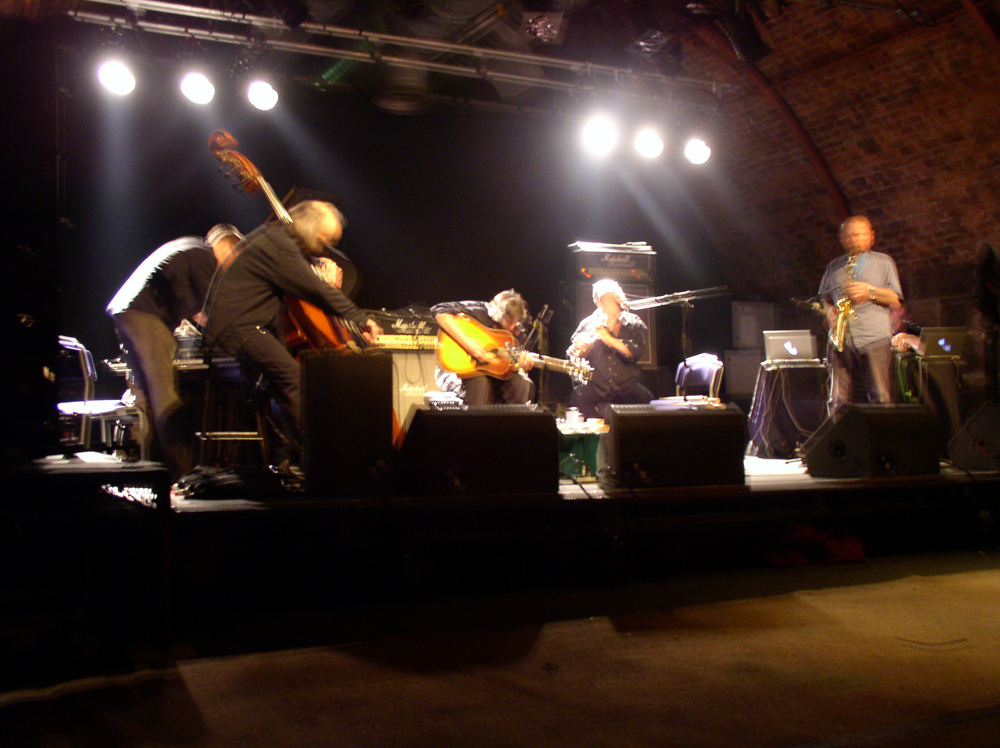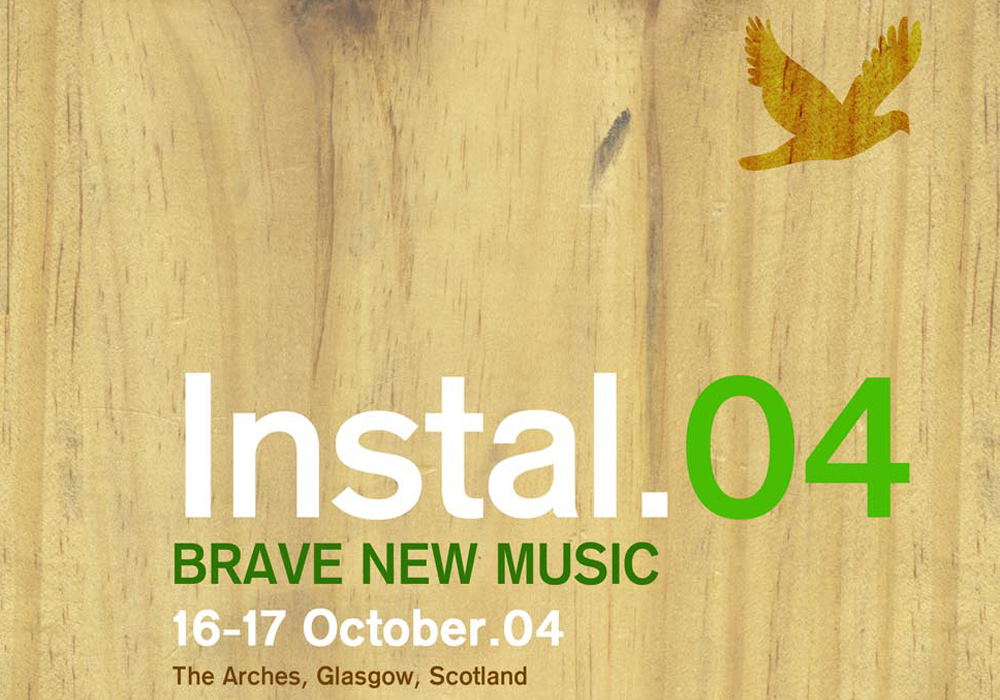
Constantina Zavitsanos and Carolyn Lazard in Conversation
Carolyn Lazard Constantina Zavitsanos
Discussion: If we approach “care as an event” rather than as a “contract of exchange” then what becomes possible in how we know, care for, and appreciate each other?











